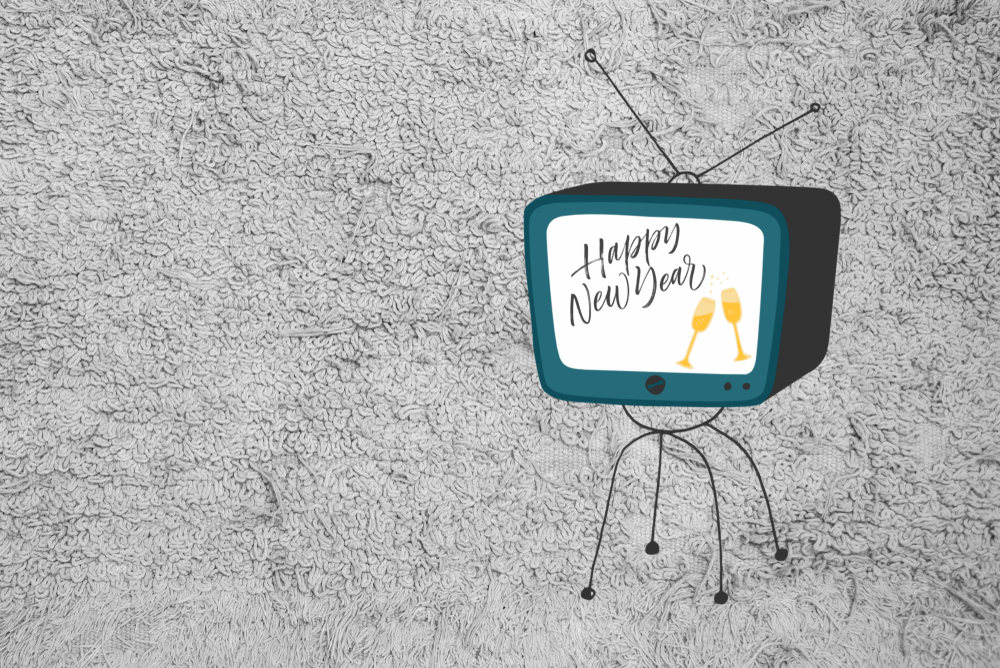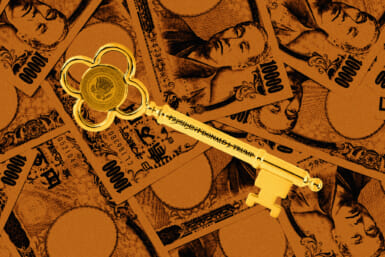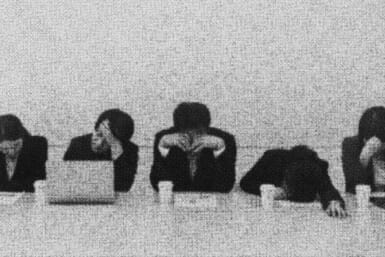In 1999 I rode a Greyhound bus for 24 hours to New York City in order to join 499,999 other people at Times Square to see if Y2K was really going to happen once the ball dropped (it didn’t).
However, my most memorable New Year’s took place nearly a decade later when I spent the night sitting around a dining room table in a cramped Nakano apartment.
The heat was cranked up. My drooping head bobbed like a yo-yo over a bowl of rice. And we watched NHK Kohaku Uta Gassen, Japan’s annual ode to Johnnys, enka and AKB48.
Where Does the Ball Drop in Tokyo?
For my first visit to Tokyo I arrived on New Year’s Eve 2008, and I was ready to party. Only there was no party to be found. New Year’s in Tokyo is a solemn occasion. Most of the city’s residents disburse to celebrate this family holiday in their hometowns. Stores, restaurants and bars shutter doors.
Instead of counting down to midnight with a mob of people that smell of shower mold and smoked banana peels, I spent one of the most awkward New Year’s in the history of the Gregorian calendar at the apartment of my future in-laws.
We drank sake, ate dried sardines that still had eyeballs and watched Pittsburgh native and Japan’s first black enka singer, Jero, perform on Kohaku.
https://www.youtube.com/watch?v=FjogK-mynm0
What is Kohaku Uta Gassen?
Kohaku is similar to Dick Clark’s New Year’s Rockin’ Eve and I once heard a British co-worker compare it to Jools Holland’s Hootenanny. Japan’s top musical acts from the past year and classic blasts from the past perform, while B-list celebrities deliver cheesy skits and one-liners.
Idol and J-pop groups short on vocal talent and high on pouty expressions and choreographed hand gestures dominate Kohaku’s lineup. As such the event becomes a source of derision for serious music fans, and due to the repetitive – and mostly insipid – acts, viewership has been on the decline for years.
To rejuvenate ratings for this year’s Kohaku, the rock band Kiss is teaming up with X Japan drummer Yoshiki to perform as Yoshikiss, and the late singer Hibari Misora will appear as a hologram.
However, this is not why I will be watching Kohaku this year.
It’s a Family Tradition
I watch Kohaku because it reminds me of that first day in Tokyo, which eventually led to a seven-year-and-counting residency. I remember helping my future mother-in-law cut carrot slices into flower shapes for the osechi ryori. I remember my future father-in-law pouring me a glass of sake at 8am, and then sitting at the table with my wife’s brother using a translation guide to crack jokes.
Then in 2014 our first son was born at a Tokyo clinic on December 29. My wife convinced the nurses to let me stay overnight in her room on New Year’s Eve.
On our first night together as a family we watched Kohaku Uta Gassen, and my newborn son and I watched the members of AKB48 bounce up and down with the proper amount of scorn on our faces.
This year we are hosting the in-laws over to our house for New Year’s Eve – only this time with the addition of five grandsons, two of which claim to be mine.
We will eat bland food, drink too much sake and play games, all the while keeping Kohaku on in the background. Every once in a while someone will say, “Oh that’s so-and-so from the what’s-it band,” or “She was big when I was in high school.”
And I’ll repeat the same thing I say every year, “Whatever happened to Jero?”
https://www.youtube.com/watch?v=S8SNIW6LjgM
Feature image by ccpixx photography / Shutterstock.com









